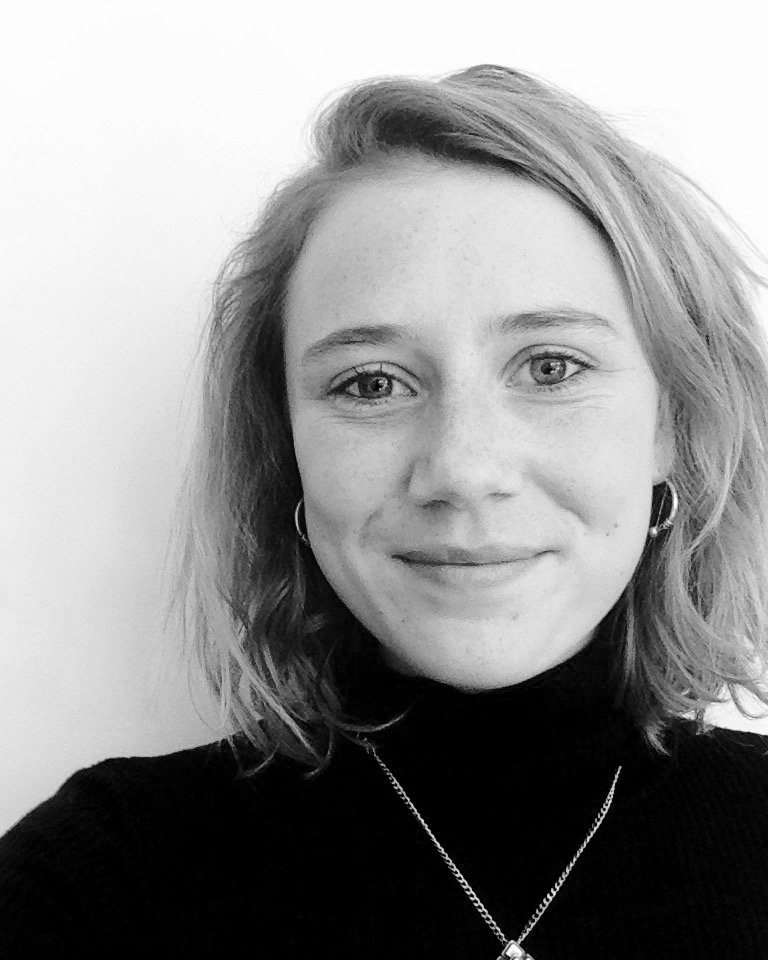
'I always wanted to work on the city of the future'
Tamara Streefland discusses the role of the industry community within the AMS Institute
By: Jurjen Slump
As a sustainability consultant at Metabolic, Tamara Streefland is closely involved in several projects of AMS Institute. She believes that the involvement of the industry is important to ensure that
innovations can have a real impact in society.
''I actually always wanted to work on the city of the future and find out how to make it sustainable”, tells Streefland. She studied earth sciences and urban design in New York, but returned to Amsterdam because Metabolic’s wide-ranging strategy appealed to her.
Circular area development
Metabolic is a consulting and venture building companythat advises government bodies and companies on the transition of the economy towards a ‘fundamentally sustainable, circular state’. This focusses partly
on circular area development, which, for example, explores how a
residential neighbourhood can be made completely sustainable: ranging from recycled construction materials to extracting raw materials from waste water.
REPAiR
The AMS Institute is also conducting a lot of research in this field. For example, the REPAiR project is developing a model in collaboration with Metabolic that provides insight into how all the waste flows pass through the city. These data can then be used to determine the best place in
the chain to remove materials from the waste for recycling.
Metabolic brings technological and practical knowledge to the table, acquired in previous projects and research. “We have a great deal of expertise on the circular economy, systems theory and the creation of data visualisations”, says Streefland.
The residents even have their own crypto-currency
Office boats
She considers De Ceuvel to be an excellent example, a living lab based on a former shipyard in Amsterdam- Noord. It is Amsterdam’s first ever ‘circular business park’ and is made up of old house boats placed onto the site and connected together by jetties. Plants are being used to slowly clean up the polluted soil on the site.
Metabolic has been involved in developing the area. “The project has been running for around five years and we are testing all kinds of things there”, says Streefland. “The waste from the restaurant boat is converted into biogas.” The houseboats can generate energy using solar panels and the electricity is shared using a smart grid. “The residents even have their own crypto-currency to pay for it.”
Catalyst for collaboration
Streefland believes that the industry involvement in the AMS Institute is
important to ensure that technological knowledge actually reaches society.
The strength of theAMS Institute lies in the living labs approach and the different parties involved, such as industry, government and the citizens of Amsterdam. “This works as a highly effective catalyst for collaboration and provides a network and an environment where you can test and then implement innovations.”